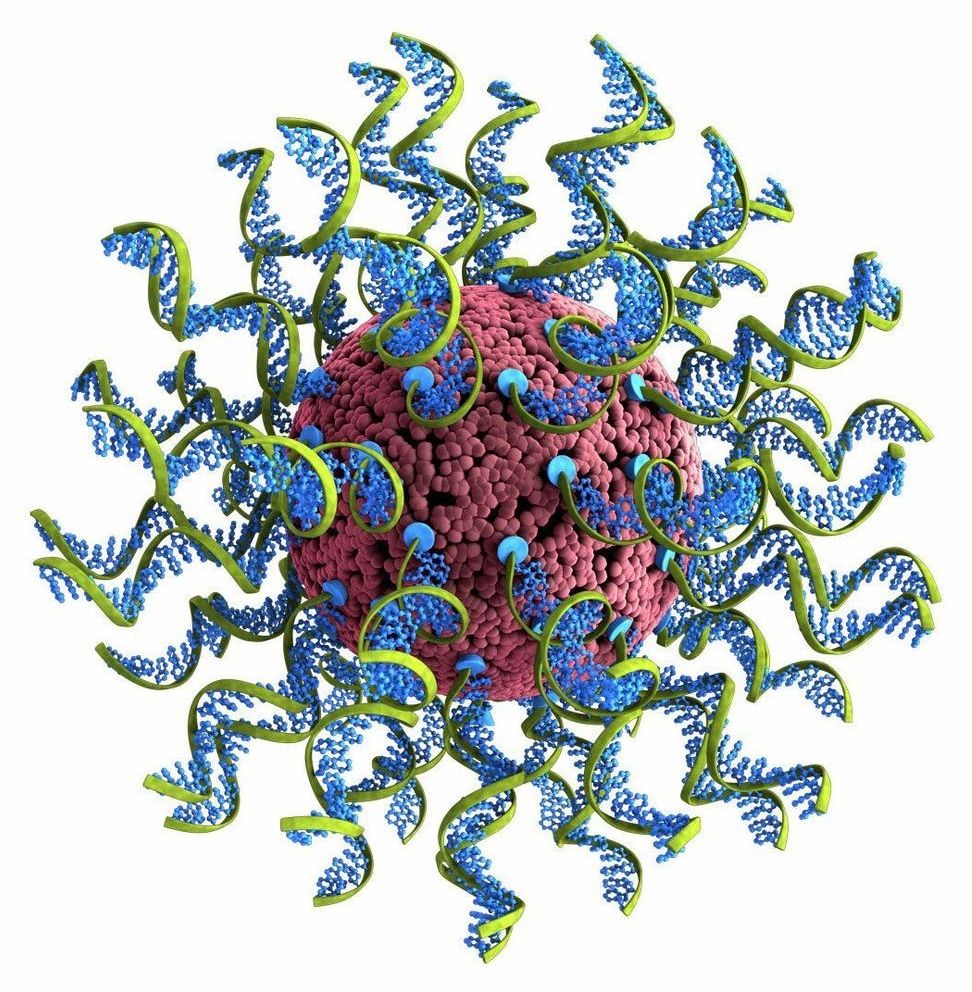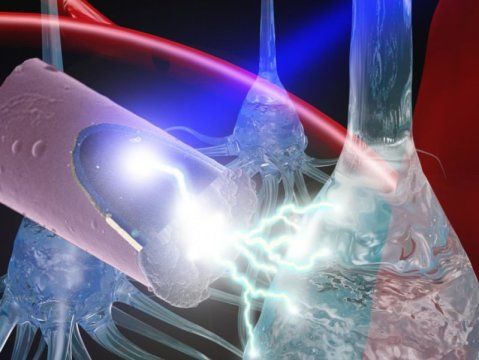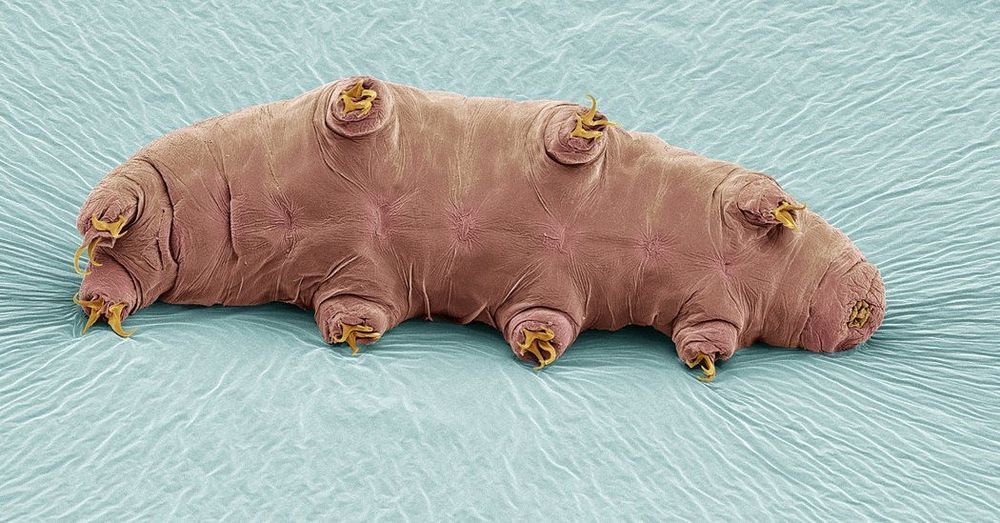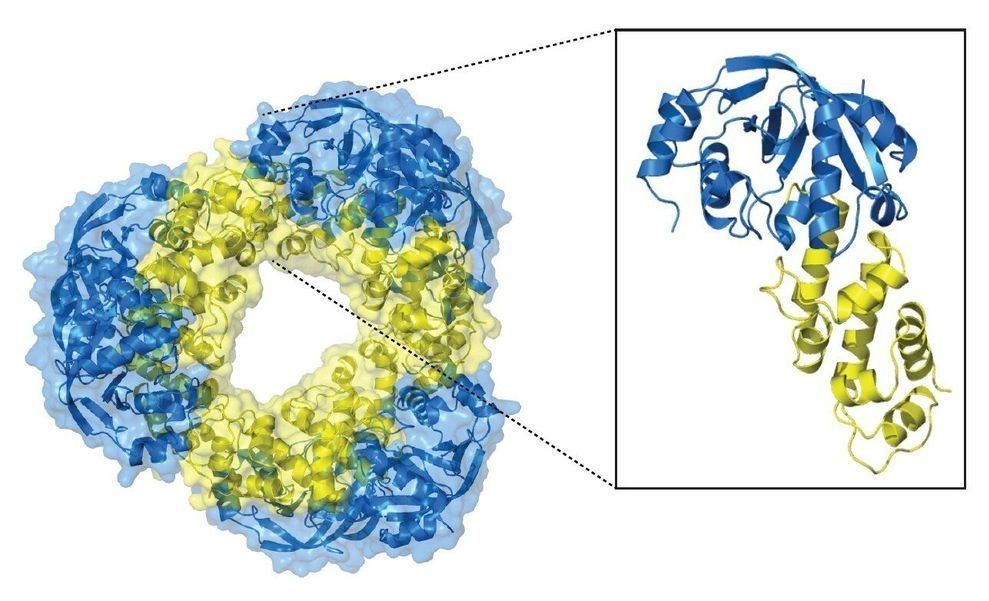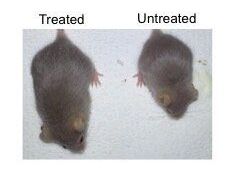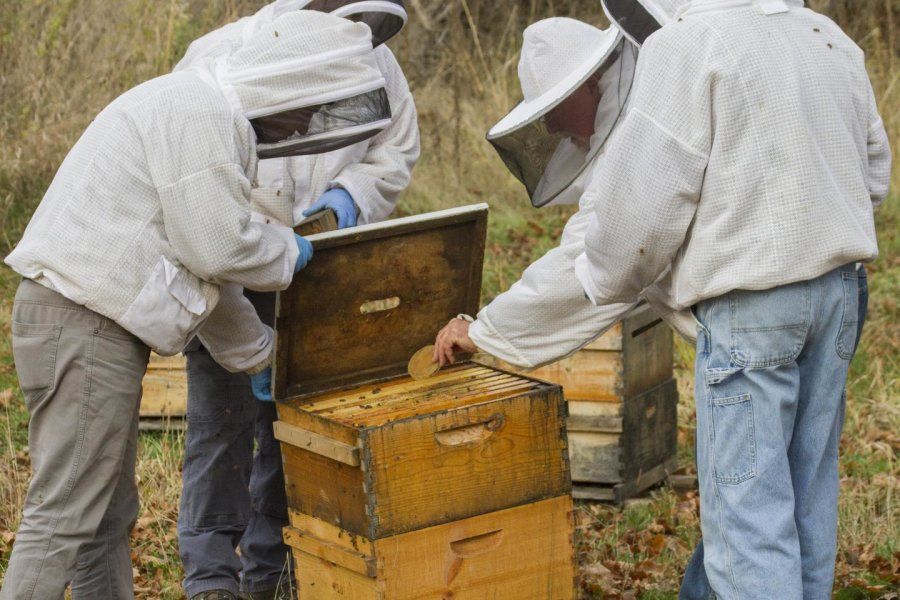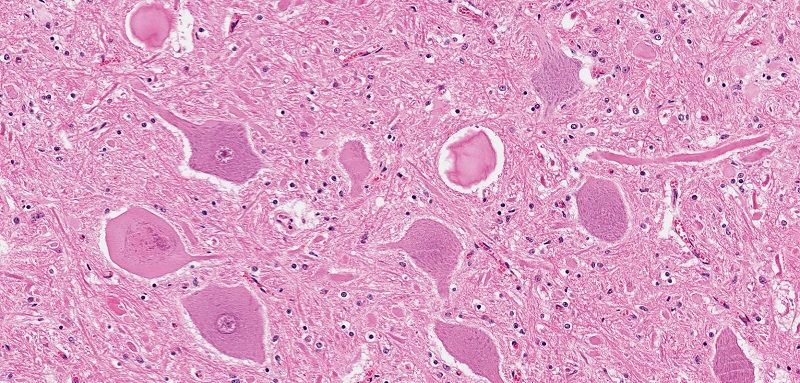Feb 19, 2019
New machine learning technique rapidly analyzes nanomedicines for cancer immunotherapy
Posted by Quinn Sena in categories: biotech/medical, genetics, nanotechnology, robotics/AI
- Spherical nucleic acids are a class of personalized medicines for treating cancer and other diseases
- SNAs are challenging to optimize because their structures can vary in many ways
- Northwestern University team developed a library approach and machine learning to rapidly synthesize, analyze and select for potent SNA medicines
EVANSTON, Ill.— With their ability to treat a wide a variety of diseases, spherical nucleic acids (SNAs) are poised to revolutionize medicine. But before these digitally designed nanostructures can reach their full potential, researchers need to optimize their various components.
A Northwestern University team led by nanotechnology pioneer Chad A. Mirkin has developed a direct route to optimize these challenging particles, bringing them one step closer to becoming a viable treatment option for many forms of cancer, genetic diseases, neurological disorders and more.
